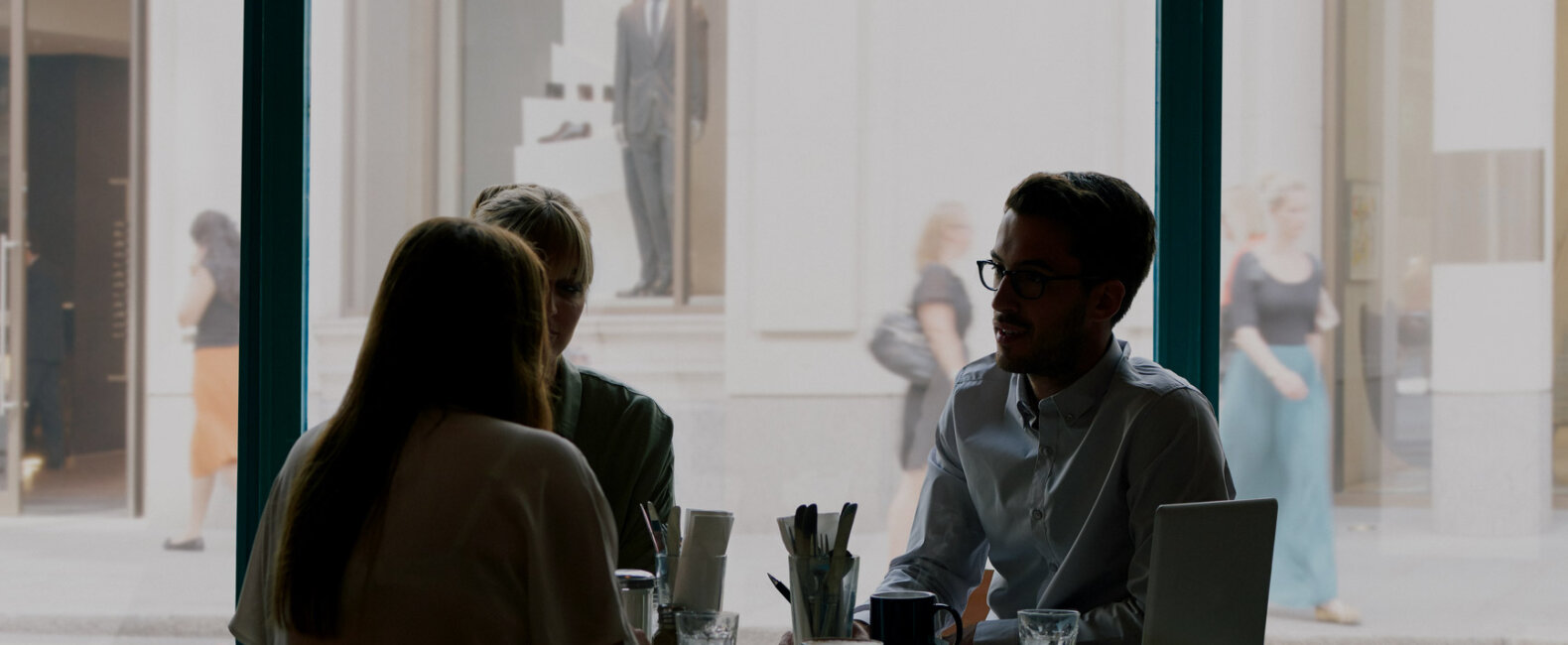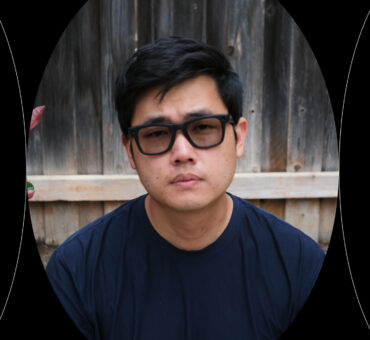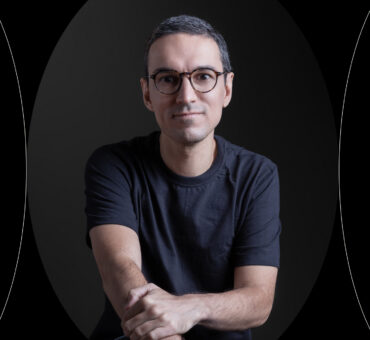Years ago, someone gave me a piece of business advice I haven’t forgotten: “Find a competitor,” he said, “and learn to hate them.” In a lot of ways, his advice was sound. Competition not only drives people forward, but it drives entire industries forward. Heck, it’s the whole basis of capitalism. And yet, after following his advice for a number of years, I couldn’t help but feel like there was something seriously wrong with it. Sure, competition could drive me to the next level, but did I like who I was when I got there? (Nope.) And would I be able to keep that same competitive spirit year after year? (Probably not.)
I think entrepreneurs and creatives are a lot alike. We love creating. We love innovating. We love rethinking old problems. And if we’re honest with ourselves, most of us will admit we want to become the very best at what we do. Being competitive comes naturally to us. What doesn’t come naturally is recognizing when competition is doing us harm.
With 2015 right around the corner, maybe this is a good time to take a step back and consider whether our competitiveness has gotten out of hand.
As someone who has been on both sides of this fence, I’ve written down a few of my thoughts on competition: the bad and the good. Things I have learned after five years of running Musicbed. Some of them may be useful to you as well.

“What we create is a by-product of what we consume. By obsessing over our competitors, we unknowingly become their imitators.”
THE BAD
The bad sneaks up on you before you realize it. All of a sudden you’re not sleeping, you’re short with your teammates or your friends or your spouse. You feel a creeping sense of anxiety and insecurity — not just about things you are making, but about who you are as a person. Your inspiration level is low — maybe nonexistent. I’ve experienced all of these things, and it took me a long time to realize they are symptoms of an unhealthy competitive spirit.
I’m no therapist, but I’m going to take a wild guess at what’s going on when I feel this way: I’ve let my work define me as a person. I’ve let what I do become who I am. And when that happens, what usually follows is some version of panic. I feel threatened by other people’s success. I feel paranoid about my own failures. And then — and this is by far the most detrimental — I begin obsessing about what my competitors are up to. I consume everything they create, and I constantly stack up my ideas against theirs.
It’s creative suicide.
I firmly believe that what we create is a by-product of what we consume. By obsessing over our competitors, we unknowingly become their imitators. And when that happens, we will always be one step behind. I think this is one reason why so many videos on Vimeo have started to look the same, and why so many Instagram feeds do too. We create what we consume. So we have to be very careful about what we allow ourselves to become obsessed with. And the worst thing we can be obsessed with — the very worst thing — is our competitors.
“You might find that the more you stop obsessing over your competition, the less they will be your competition.”
THE GOOD
In its very best form, competition is a way of moving the ball forward, improving everyone involved. Tennis isn’t any fun with just one person playing. You need people in your field who challenge you to do better work, make better things. Competition is not something to be eliminated from your life, but it’s something to be harnessed and recycled into productive, healthy energy.
The most important thing you can do is separate, as much as possible, who you are from what you do. Remove the emotions and stop taking everything so personally. Easier said than done, I know; but it’s a worthwhile pursuit nonetheless. If everything you create is inexorably connected to your sense of worth, it’s going to be very difficult for you to stop obsessing over your competition.
“The more you define yourself against other people’s work, the less you will be able to enjoy your own.”
But you need to stop obsessing over your competition if you’re ever going to do your best work (and become your best you). Stop following them on Twitter, unsubscribe from their email list, and unfriend them on Facebook.
Clear your head.
As soon as you stop focusing on how you compare, you can finally start focusing on who you really are, what you want to be doing, what you want to be making. Instead of watching your competition’s latest Vimeo video, spend an evening at a ballet. Instead of reading the same books your competition is reading, go listen to a few jazz albums (recommendation: Thelonious Monk’s Monk’s Dream). You might find that the more you stop obsessing over your competition, the less they will be your competition.
I’d like to offer an alternative to the advice I was given all those years ago: “Competition is the thief of joy.” The more you define yourself against other people’s work, the less you will be able to enjoy your own. The less you will be able to even do your own. Unhealthy competition quickly leads to frustration, creative block, burnout.
For me, it came down to remembering why I started doing this work in the first place. I wanted to change the relationship between filmmakers and musicians. I wanted amazing music to be used in amazing films. As soon as I caught sight of that vision again, it got easier to let the small stuff go. To let my competition do their thing — as brilliantly or as unbrilliantly as they wanted to do it — without me feeling like their success was a personal attack, or their failure was a personal victory.
I’m happier now. My family is happier. My team is healthier. And we are doing the best work we’ve ever done. Competition is a beast: it can drive you forward or eat you alive. In the end, it’s up to you.
Wishing you the best,
Daniel





















































































